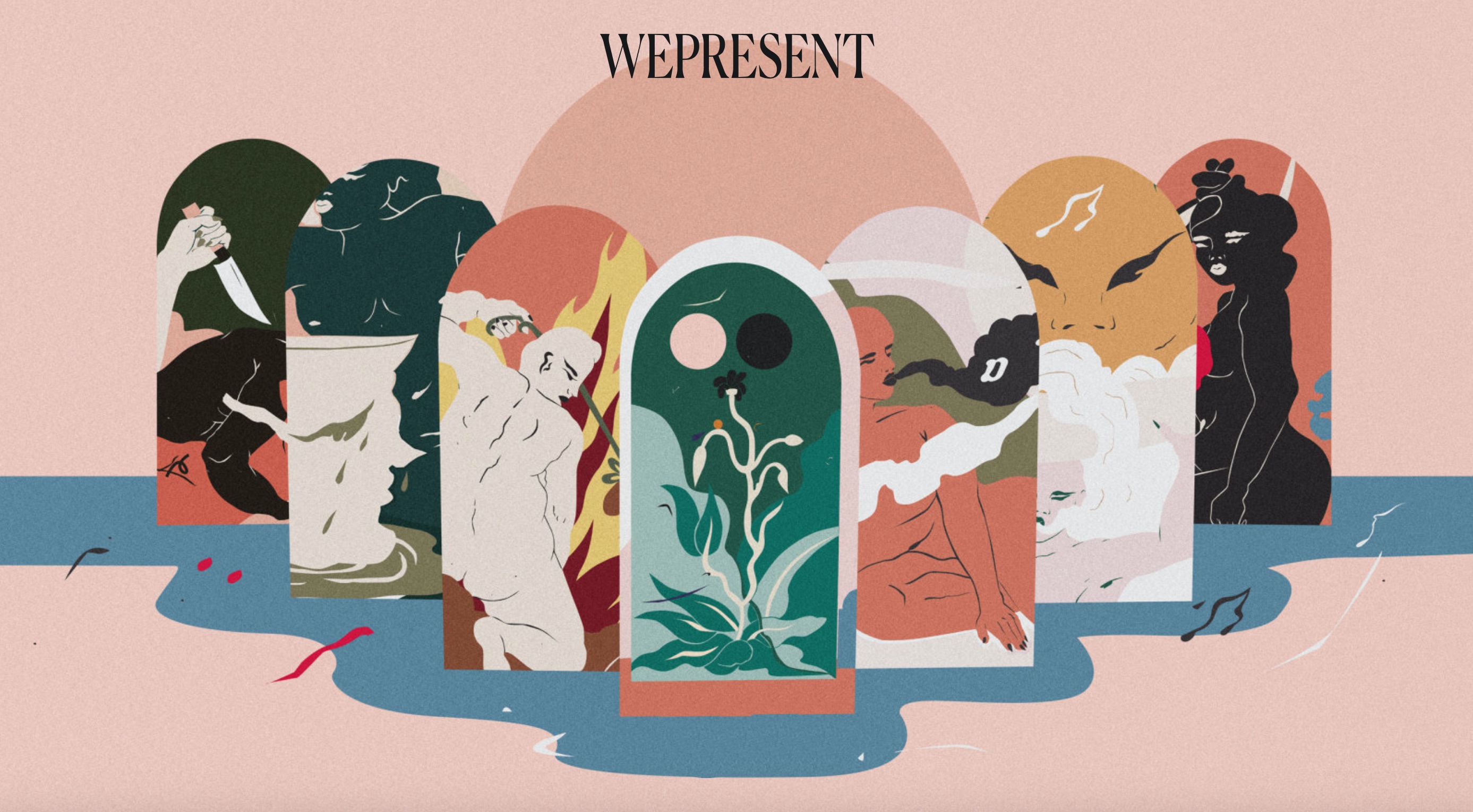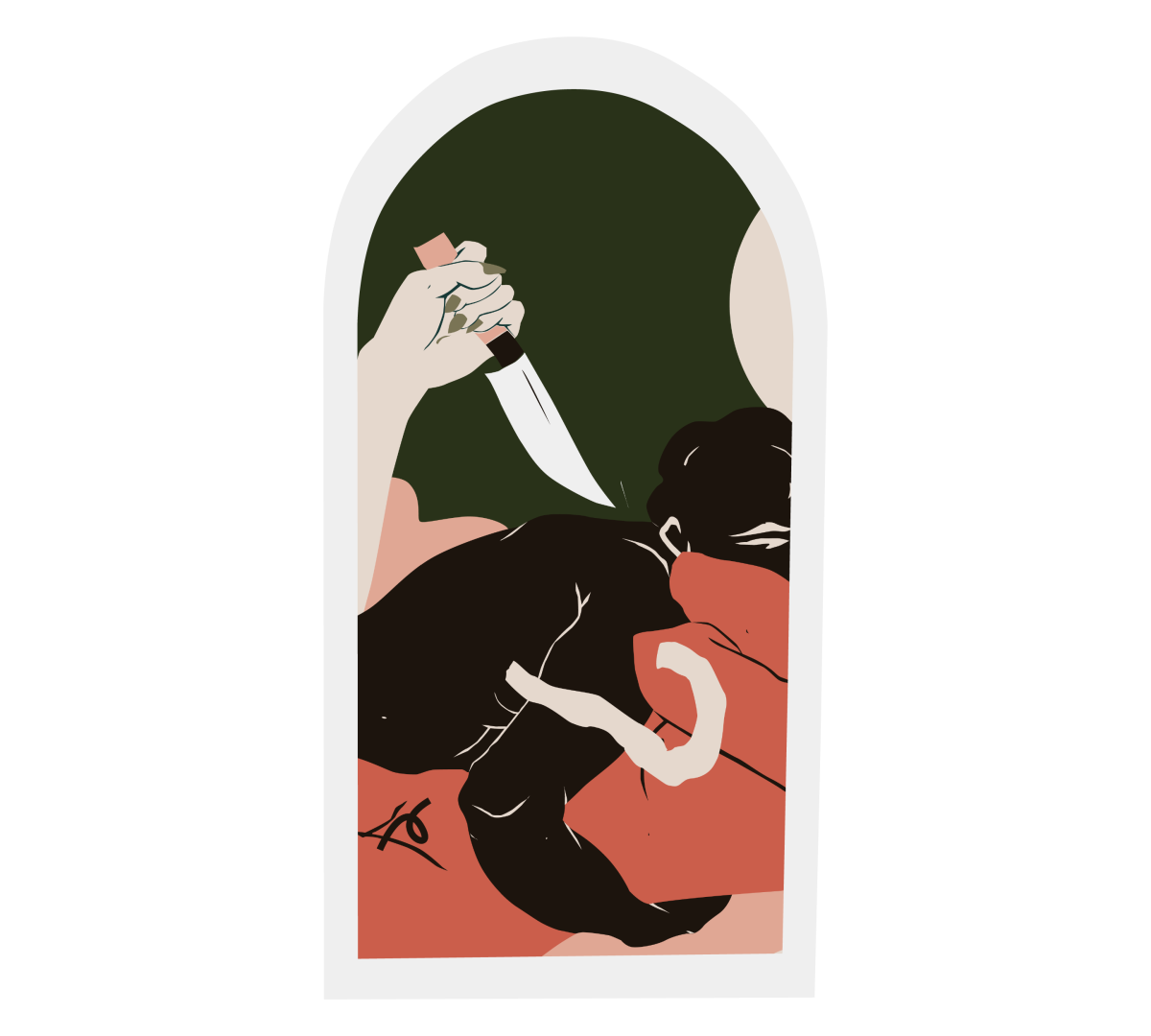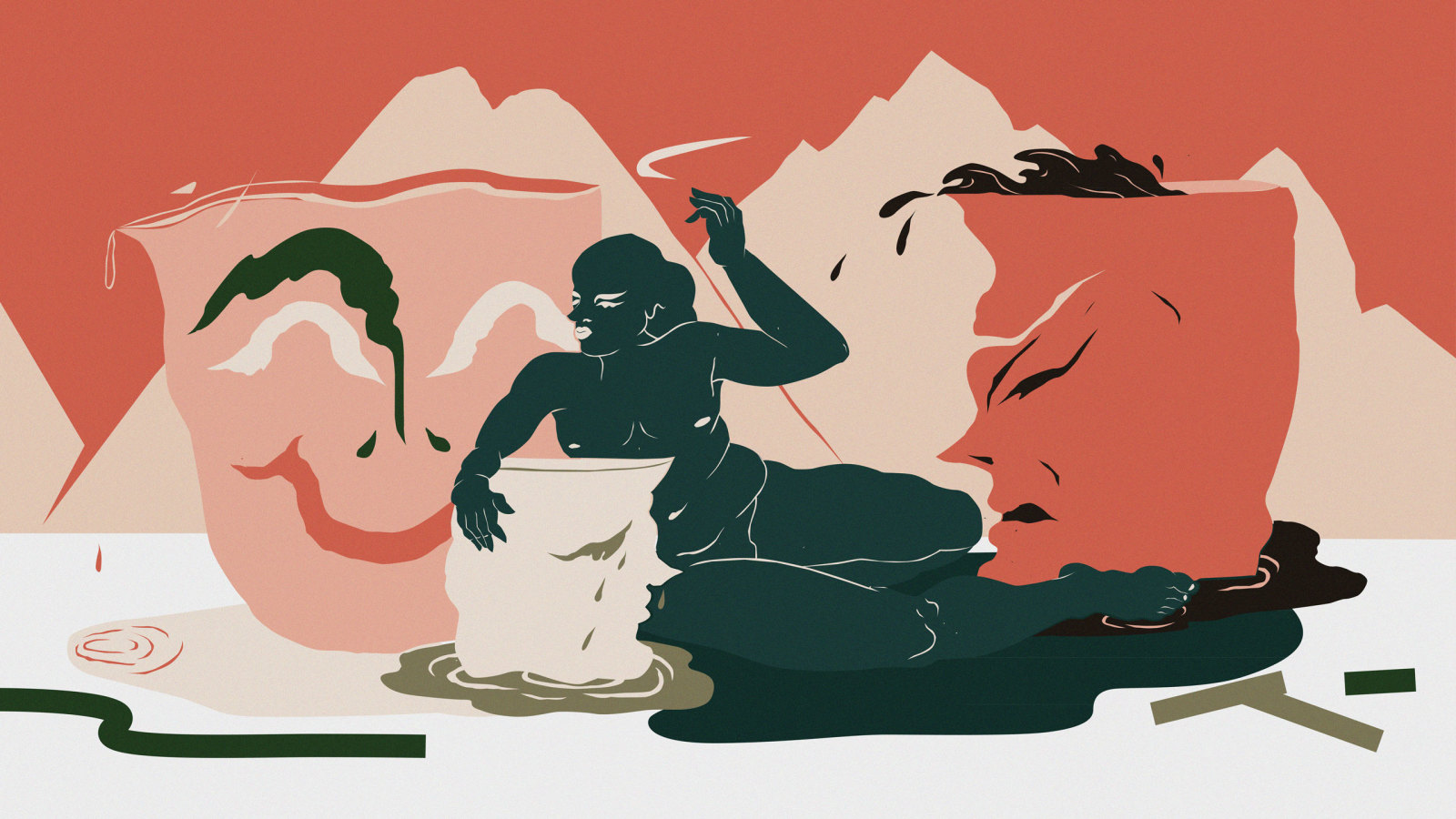Images 003
![]()
![]()
![]()
![]()
![]()
![]()
![]()
![]()








Rule 3: THEME
~ by Carmen Maria Machado

Carmen Maria Machado is a short story writer, essayist and critic published in The New Yorker, The New York Times, Granta, Harper’s Bazaar among others. Carmen’s debut short story collection, Her Body and Other Parties, was a finalist for the National Book Award, the Kirkus Prize, The LA Times Book Prize, and many more. Her debut memoir, In the Dream House, comes out in November 2019.
Oftentimes people will come to me and they'll say, "Oh, I read your book and I noticed that you do this thing that runs throughout the book." And, except for a few things I'm super-conscious of – I knew from the start that I wanted to write about women's bodies and violence against them – a lot of what I have in the book I didn't put in there intentionally. That doesn’t mean that it's not a theme; it just means that it's not one I was super-conscious of putting in the book.
I think a lot of readers really struggle with the idea that a writer can write a piece of writing, and the writing is bigger and stranger than they are, and that it exists in this other space. It's all very woo-woo, which I’m not normally, but it’s this idea that you're just activating your subconscious, and your subconscious has themes. You have themes in your mind, your day has themes, your life has themes, decades of your life have themes, a year might have a theme.
Themes just run through everything that you do, your identity and everything that you are. When it comes to art, you're pouring out all of the internal space that's been shaped by all these themes. I think we get really fixated on symbolism, like, "Did you put this thing in this scene to do this thing?" Sometimes it's just about honoring your subconscious.
I'm interested in women's bodies because I am a woman and I have a body, and I live in a world where women's bodies are devalued and treated really badly, and so it's something that's on my mind. People often think that themes are tricks; that you buried some kind of acorn in the text and they have to root it out and if they don't, then they failed.
In thinking about it more holistically, this is just what is on my mind, this is what I can't stop thinking about. This is why writers often write the same story over and over. A lot of the really famous writers I can see chewing over an idea, and they'll write multiple books, or multiple stories or poems or whatever and that's what's happening: you're just trying to make sense of this theme of your life, because even though real life is not a novel, it still has themes, it still has these running elements to it that you have to identify and get out.
Theme is just an idea or a question that runs like a vein through whatever the thing is. It invites interrogation, it invites this engagement.
Interview and edit by Erin Ruffin
Illustrations by Melissa Jarram